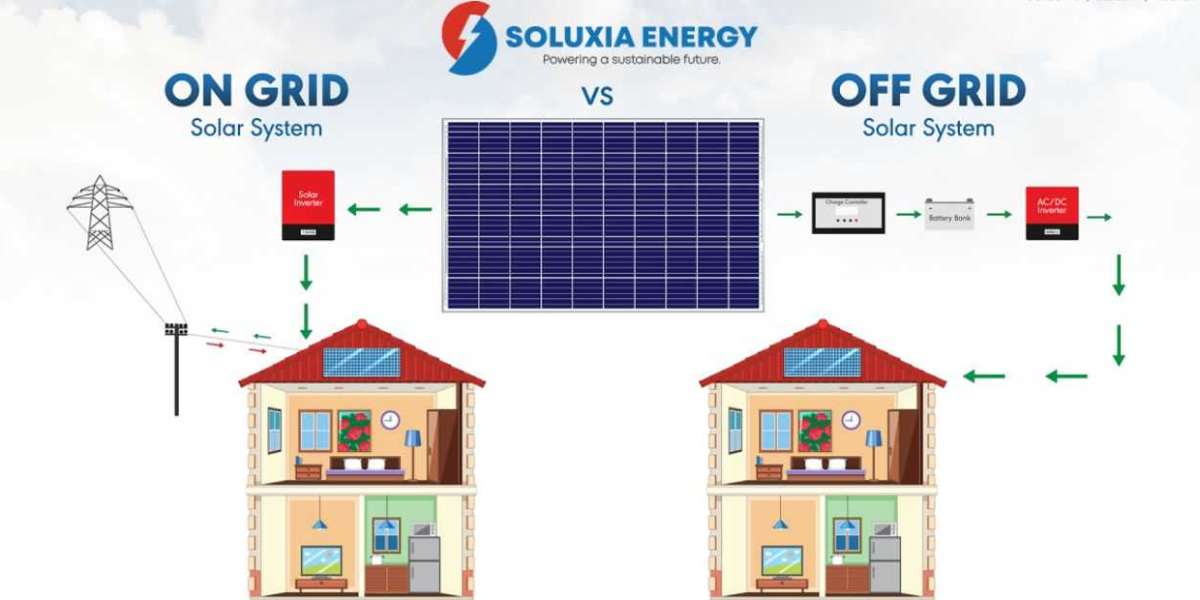As Pakistan faces rising electricity costs and frequent power outages, solar energy has emerged as a viable solution. Two primary solar system configurations are prevalent: On-Grid and Off-Grid Solar System Pakistan. Each offers distinct advantages and is suited to different energy needs and locations.
? On-Grid Solar Systems
Definition: On-grid systems, also known as grid-tied systems, are connected to the national electricity grid.
Key Features:
Net Metering: Excess electricity generated is fed back into the grid, allowing users to earn credits or reduce their electricity bills.
Cost-Effective: Eliminates the need for battery storage, reducing initial investment and maintenance costs.
Reliability: Provides a continuous power supply by drawing electricity from the grid when solar production is insufficient.
Ideal For: Urban areas with a stable electricity grid and users looking to reduce their electricity bills without investing in battery storage.
? Off-Grid Solar Systems
Definition: Off-grid systems operate independently of the national grid, relying on battery storage to supply electricity.
Key Features:
Energy Independence: Ideal for remote areas without access to the national grid.
Battery Storage: Stores excess energy generated during the day for use at night or during cloudy periods.
Resilience: Unaffected by grid outages, ensuring a continuous power supply.
Ideal For: Rural or remote locations where grid connectivity is unavailable or unreliable.
⚖️ Comparing On-Grid and Off-Grid Systems
| Feature | On-Grid System | Off-Grid System |
|---|---|---|
| Grid Connection | Connected to the national grid | Operates independently of the grid |
| Battery Requirement | Not required | Essential for energy storage |
| Net Metering | Available | Not applicable |
| Initial Investment | Lower (no batteries) | Higher (includes batteries) |
| Ideal Use Case | Urban areas with stable grid | Remote areas without grid access |
| Power Availability | Dependent on grid; no backup during outages | Independent; continuous supply with battery backup |
? Choosing the Right System for Your Needs
Urban Residents: If you reside in an area with a reliable electricity grid and aim to reduce your electricity bills, an On-Grid system with net metering is suitable.
Rural or Remote Residents: For locations without grid access or with frequent power outages, an Off-Grid system ensures energy independence and reliability.
✅ Conclusion
Selecting between an on-grid and off-grid solar system depends on your location, energy needs, and budget. On-grid systems offer cost-effective solutions for urban areas with stable grid access, while off-grid systems provide energy independence for remote locations. By understanding the differences, you can make an informed decision that aligns with your energy goals.
For more detailed information and personalized assistance, visit the official On-Grid and Off-Grid Solar System Pakistan page by Soluxia Energy.



